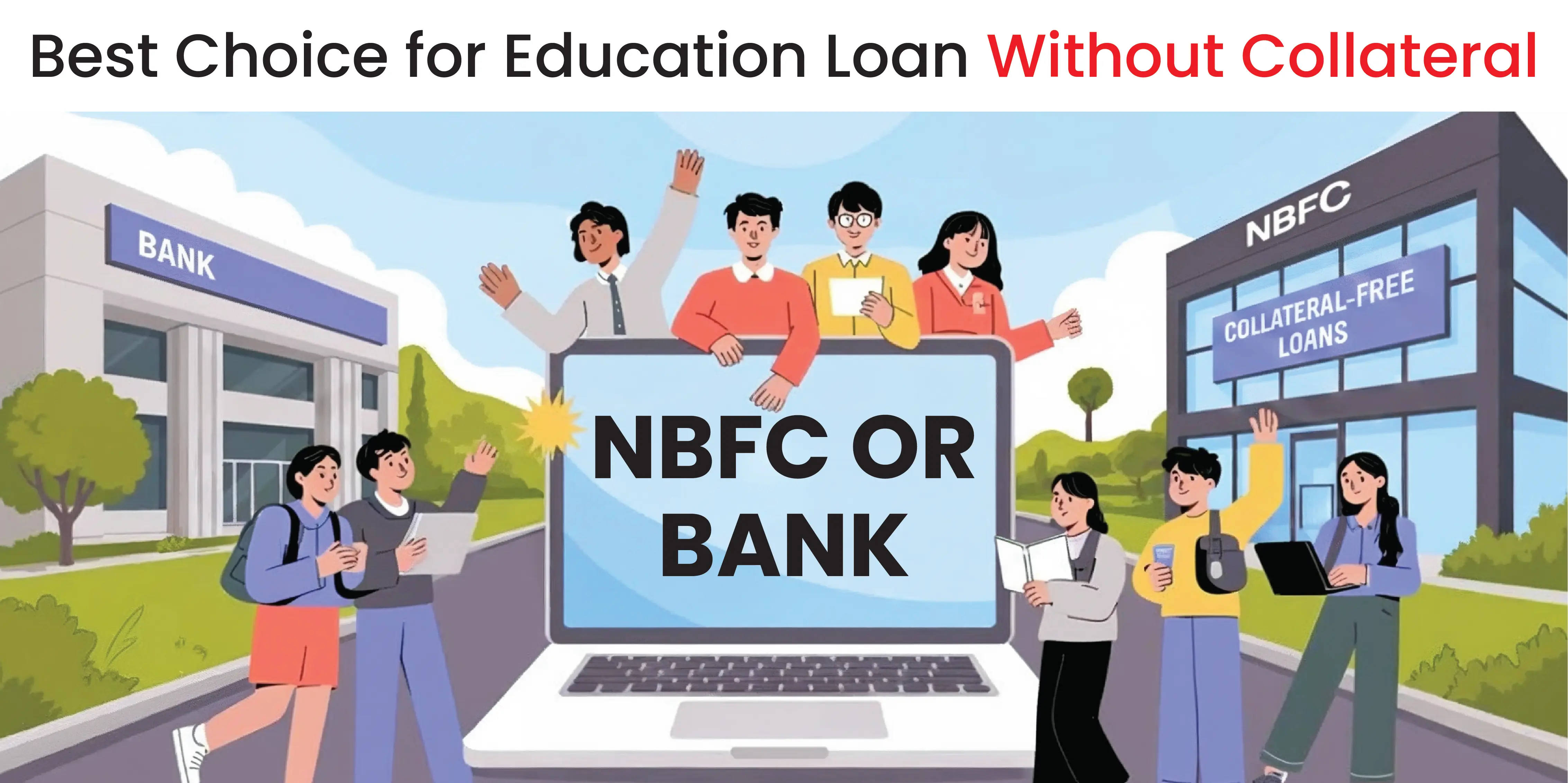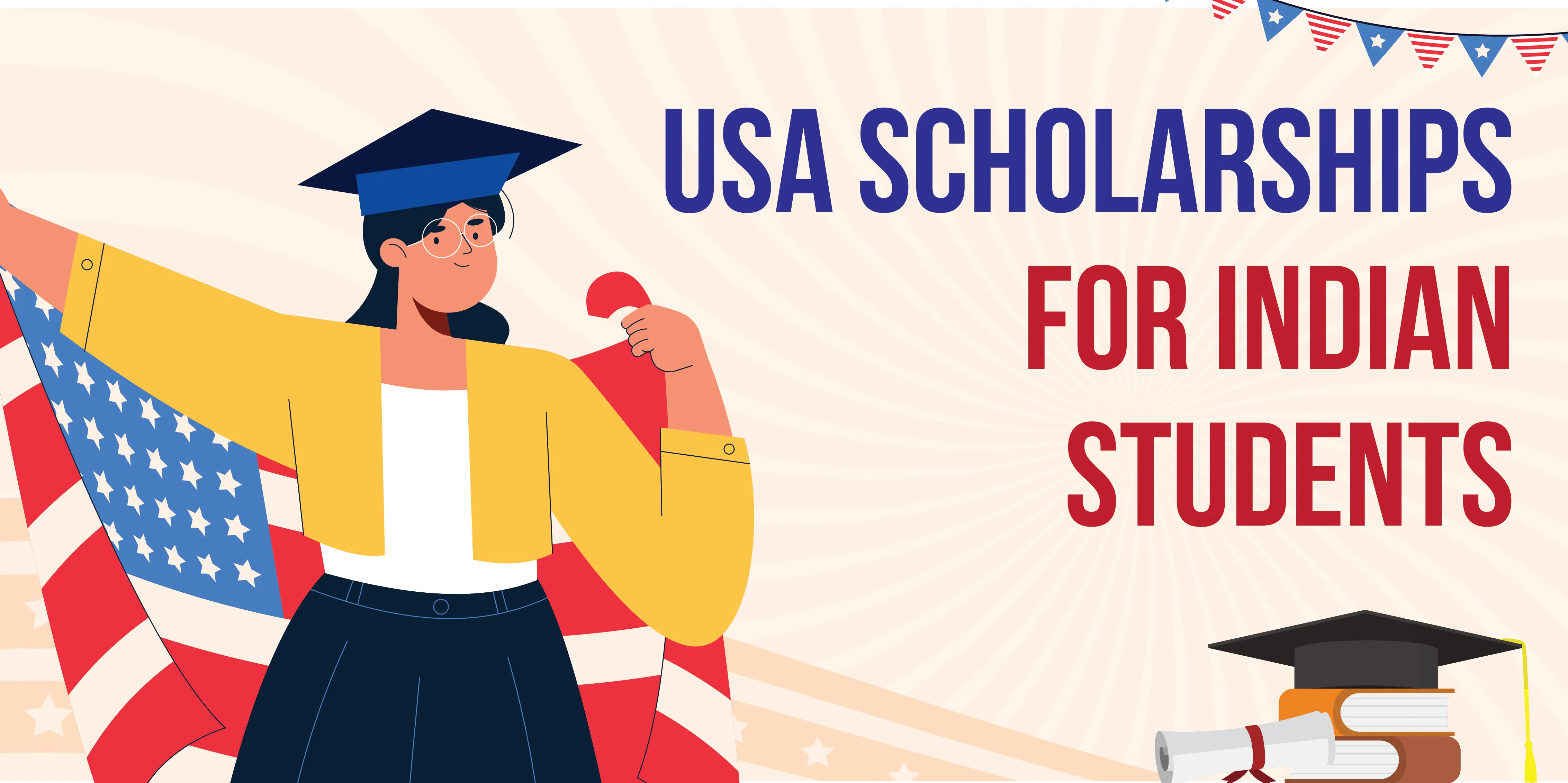https://www.wemakescholars.com/blog/are-income-share-agreements-the-future-of-education-loans
Income Share Agreements: Are They the Future of Education Loans?
Government/Public Banks | Updated on ()

What is an Income Share Agreement?
An Income Share Agreement (ISA) is an education financing option where repayments are based on the student’s future earnings. It is an agreement between the ISA provider and the student for providing funds to the student’s education.
It is an alternative option to education loans. In an income share agreement, the student will receive the funds required for their education in exchange for a percentage of their future income for a certain period.
How do Income Share Agreements work?
Here’s how an income share agreement works:
- Initial Agreement and Funding: The student will receive the funding required for their education from an ISA provider after they sign an agreement with the provider.
- Graduation and Repayment: The repayments to the income share agreement will start after graduation. The repayments of an ISA will be a fixed percentage of the student's income after graduation for a certain timeframe.
How does an Income Share Agreement differ from an education loan?
Both income share agreements and education loans provide funds to students required for their education. However, an ISA significantly differs from an education loan in the repayment of funds.
Education loans follow the standard EMI-based method for the repayment of funds. This means that the student would repay their education loan in the form of regular monthly payments, i.e, EMIs. The EMIs of student loans are made up of the interest part and the outstanding principal loan amount.
An income share agreement, on the other hand, doesn’t follow the traditional EMI-based repayment method. The repayment of an ISA is based on the student’s future earnings. Students pay a fixed amount of their income to their ISA provider for a certain period.
The following table further explains the differences between an income share agreement and an education loan:
Income Share Agreements vs Student Loans
|
Parameter |
Income Share Agreements |
Student Loans |
|
Repayment Method |
A fixed percentage of the student’s future income |
Regular monthly payments in the form of EMIs. |
|
Repayment Starts |
Repayments begin after the student starts earning, after graduation. |
Repayments begin after the moratorium period. |
|
Interest |
ISA does not have interest charges. |
An interest on the principal loan amount is charged according to the lender. |
|
Moratorium |
ISAs don’t have a fixed moratorium period. It varies depending on the provider. |
The moratorium period for education loans in India is typically the course duration plus 6 to 12 months. |
|
Repayment Tenure |
The repayment tenure for an ISA ranges between 2 to 10 years |
The repayment tenure for an education loan in India is up to 15 years. It can vary based on the lender. |
|
Co-applicant |
As it is given based on the student’s future income, a co-applicant is generally not required for an income share agreement. |
A co-applicant is typically mandatory for an education loan. |
|
Collateral Requirement |
Collateral is not required for an ISA. |
The collateral requirement depends on the loan type. |
|
Regulations |
There is no specific regulatory framework for ISAs in India. |
The Reserve Bank of India regulates education loans in India. |
|
Tax Benefits |
There are no tax benefits for an ISA in India. |
Under Section 80E, the government of India offers certain tax benefits to education loan borrowers. |
Benefits and Drawbacks of Income Share Agreement
Now that we have understood the differences between an education loan and an income share agreement in India, let’s look at the benefits and disadvantages of ISAs in India.
Benefits of an Income Share Agreement in India
The following are the several benefits of income share agreements in India:
- No Upfront fees: There are no upfront fees required for an income share agreement in India.
- No Interest: One of the major benefits of an ISA is that there is no interest charged on the funds offered to students.
- Flexible: Unlike traditional loans, ISAs offer a flexible repayment that is based on the future income of the students.
- No Co-applicant Required: Since ISAs are offered based on future income, you can get the funds without a co-applicant.
- No collateral required: Unlike secured education loans, ISAs do not require students to pledge their property as collateral to obtain the funds.
Disadvantages of an Income Share Agreement in India
Although an income share agreement seems like a more flexible option compared to education loans, it has certain disadvantages that students should consider. The following are the disadvantages of ISAs:
- Not Regulated: There is no specific regulatory framework for an income share agreement in India. This increases the risk of funding your education through an Income Share Agreement.
- Higher Repayment Cost: The repayments of an ISA will be a fixed percentage of the student’s income. Although it seems flexible at first, the repayment cost increases as the income increases, unlike education loans, where you get fixed EMIs.
- No Tax Benefits: Unlike education loans, ISAs do not have any tax benefits.
Are Income Share Agreements the future?
- Although income share agreements seem like a good alternative for education loans to finance your education, they do not offer any tax benefits, and the lack of regulations increases the risk.
- With a majority of students and parents preferring education loans that have set regulations, there is very little adaptation of ISAs in India.
- If the government sets a regulatory framework for ISAs in the future, they have the potential to become a strong education loan alternative in the future as an attractive education finance option that does not require a co-applicant or collateral.
Institutions That Offer Income Share Agreements
Several educational universities and other institutes abroad offer income share agreements. These institutes include:
- Northeastern University
- Purdue University
- University of Utah
- Masai School
- CODE University of Applied Sciences
- StrideUp
- Scaler Academy (InterviewBit)
Conclusion
With flexible repayments that are based on the student’s future earnings, Income Share Agreements (ISAs) can seem like a good alternative to education loans. Unlike traditional education loans, ISA providers can provide the funds required for education without a co-applicant.
However, there is no specific regulatory framework for ISAs, unlike student loans, which are regulated by the RBI. In this article, WeMakeScholars has covered the differences between an ISA and a student loan, including their benefits and disadvantages, to help you make an informed decision.





Kindly login to comment and ask your questions about Scholarships & Education Loans